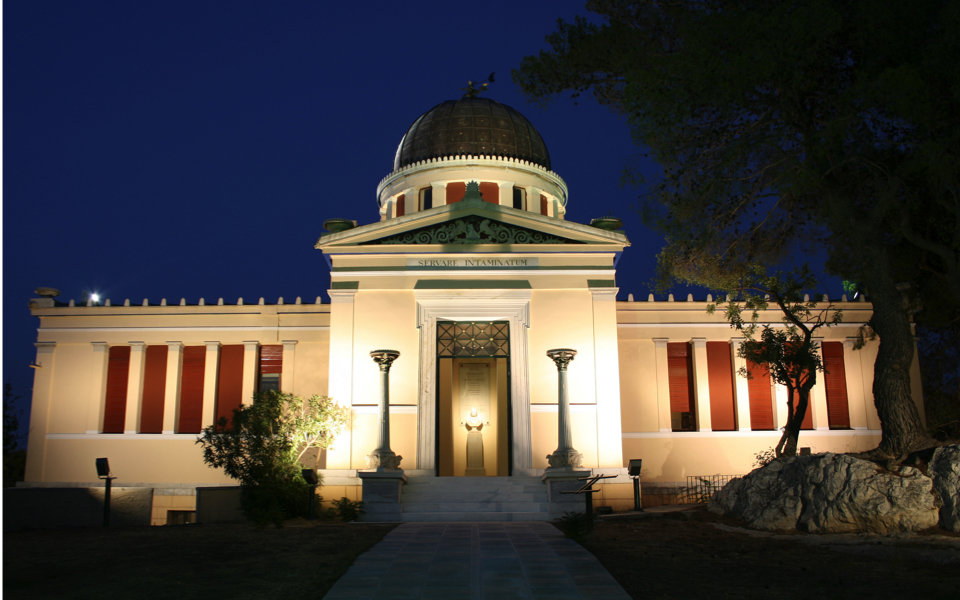Scientists oppose National Observatory of Athens’ transfer to Civil Protection Ministry

Scientists at the National Observatory of Athens have launched a petition seeking the public’s support in opposing a recent government decision to transfer oversight of the respected research institution to the Climate Crisis and Civil Protection Ministry.
The NOA is currently a part of the Development Ministry’s General Secretariat of Research & Innovation (GSRI), which is where, its scientists claim, it belongs, along with other independent agencies of a similar nature.
The decision to transfer it to a different ministry announced earlier this month in a bid to improve the Climate Crisis and Civil Protection Ministry’s response to extreme weather phenomena, “grossly overlooks the fact that only a very small fraction of NOA’s researchers can contribute in any way to the mission of civil protection based on their fields of expertise,” the petition says.
Opposition to the planned move, outlined in a bill that will be put to a parliamentary vote in the next few days, has also been voiced by the Council of Presidents of Research Centers and Technological Agencies, which said that the “amputation” of one member from the national network of research agencies “will cripple and significantly disrupt its operating mechanisms.”
“This decision poses an imminent threat to the advancement of research in Greece and to ΝΟΑ itself as a research center, jeopardizing its current trajectory of exponential growth in attracting competitive research funding and achieving scientific excellence,” the NOA petition says.
“It also reveals a fundamental lack of recognition and understanding of the unique operational and managerial aspects required in overseeing and supporting a research center. The expertise required for such matters is consolidated within the sole relevant supervising body, the GSRI,” it adds.
Established in 1842, the NOA was the first research institution to be established in Greece after the country’s independence from Ottoman rule. It comprises three bodies: the Institute for Astronomy, Astrophysics, Space Applications and Remote Sensing (IAASARS); the Institute for Environmental Research and Sustainable Development (IERSD); and the Geodynamic Institute (GI) specializing in physics of the Earth’s interior and Earth surface deformation monitoring.





